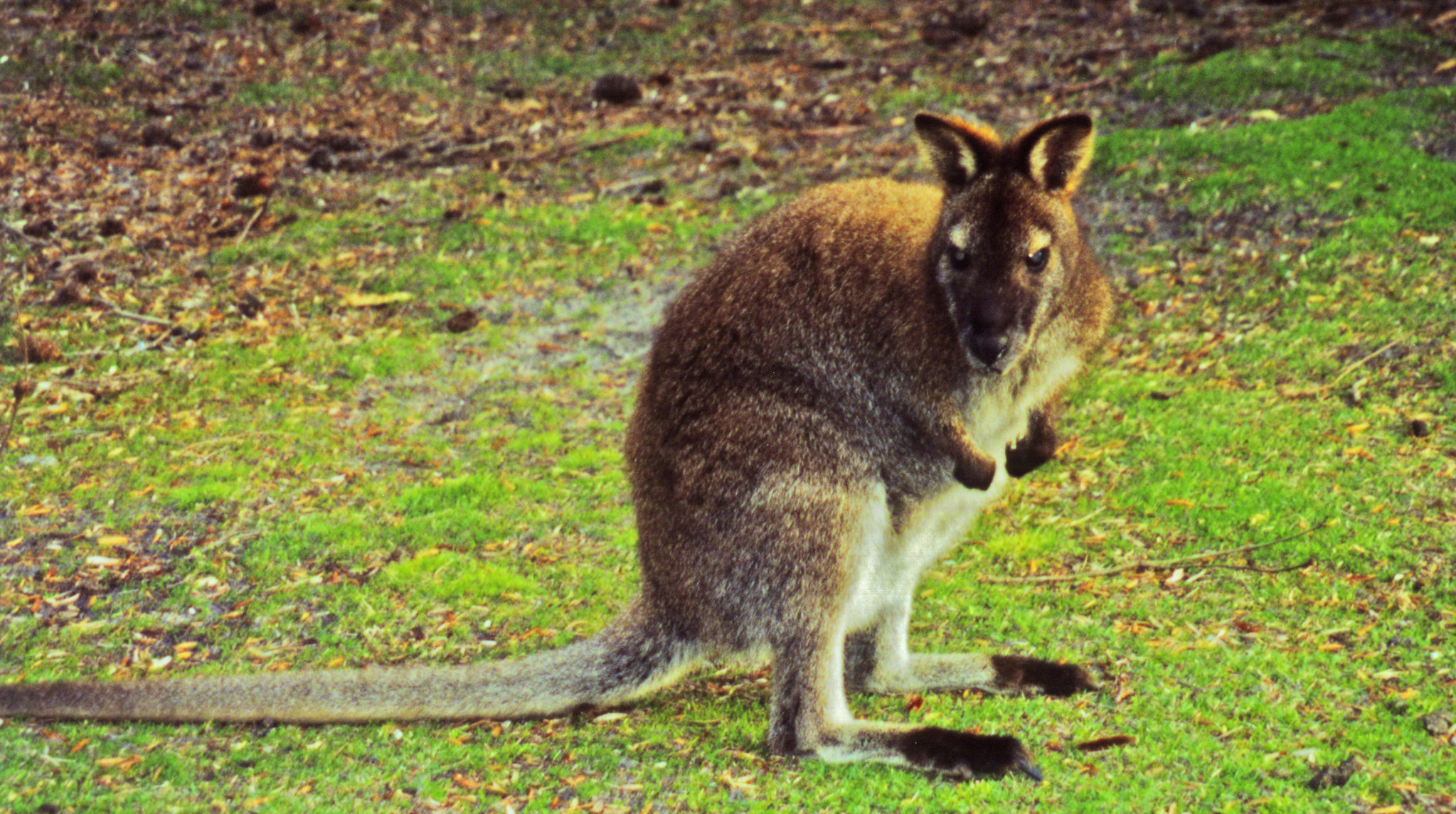 The Independent reports wild wallabies only live in Australia don’t they? Wrong. Wallabies are here in the UK, and they are becoming increasingly common.
The Independent reports wild wallabies only live in Australia don’t they? Wrong. Wallabies are here in the UK, and they are becoming increasingly common.
In recent years, feral red-necked wallabies have been seen bobbing along dark stretches of road in Kent, scampering into towns in Devon, fighting police in St Ives, and patrolling the graves in London’s Highgate Cemetery. But now, researchers at University College Dublin used public records and media reports to reveal there were almost 100 wallaby sightings in the UK over the past 10 years.
Red-necked wallaby photo by Wildlife Wanderer under creative commons.
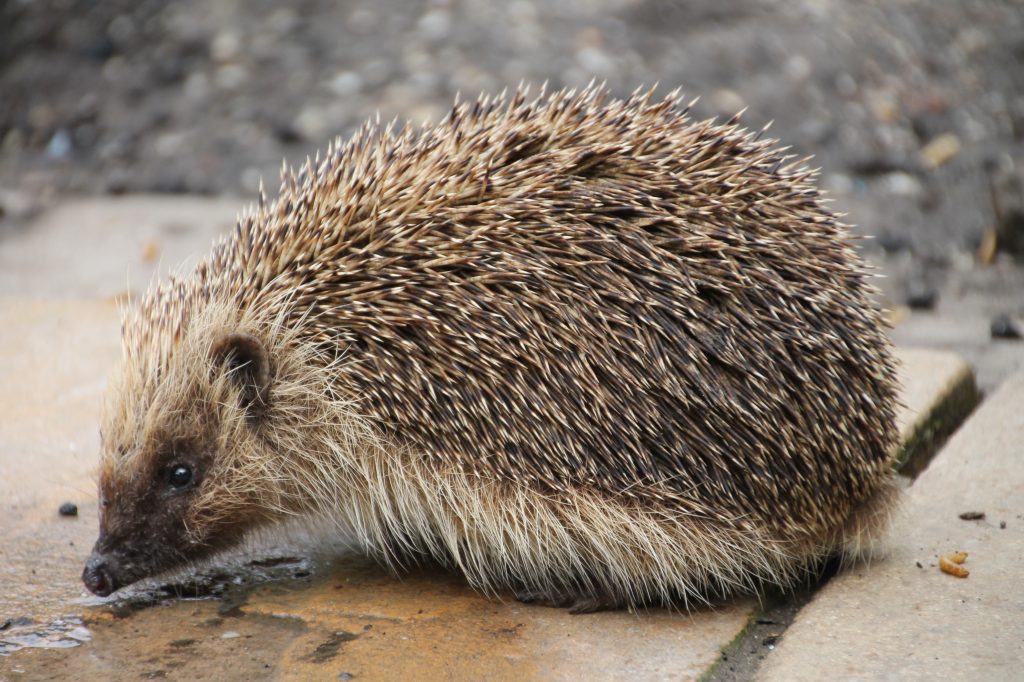

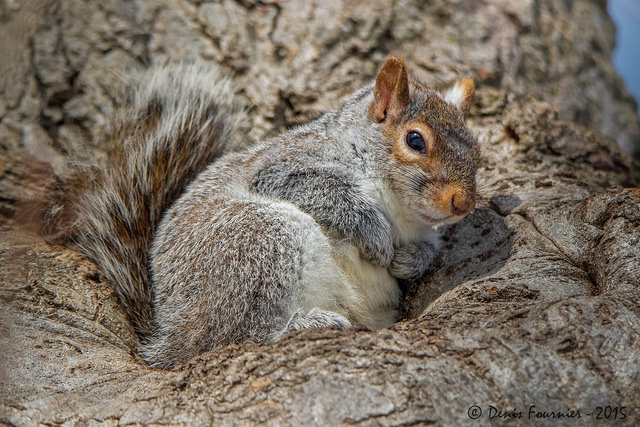
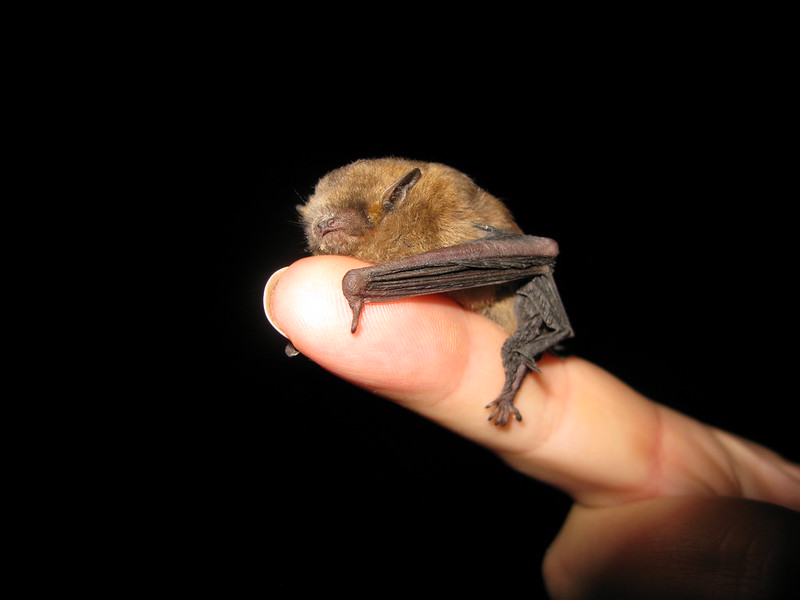
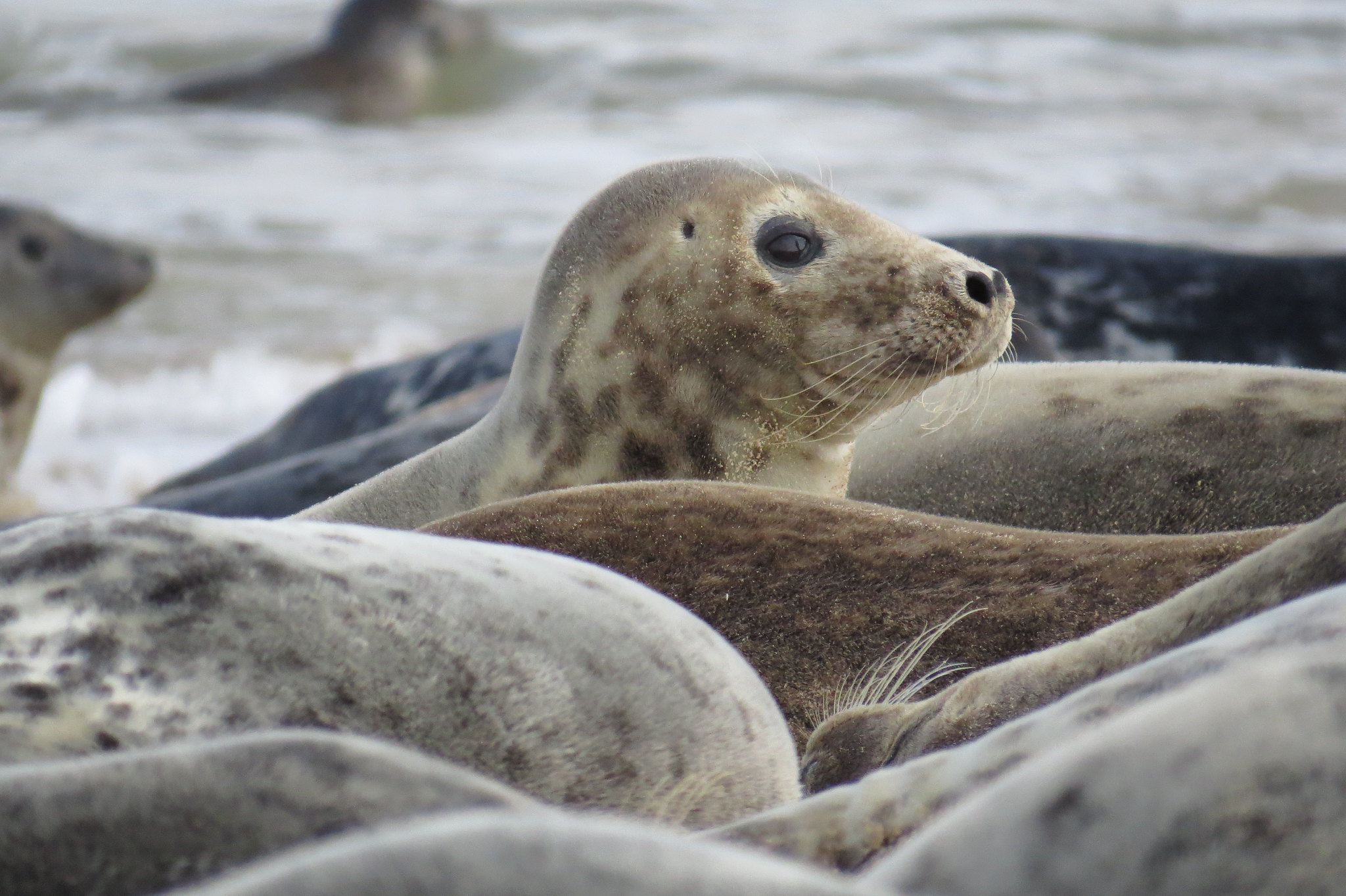 The
The 
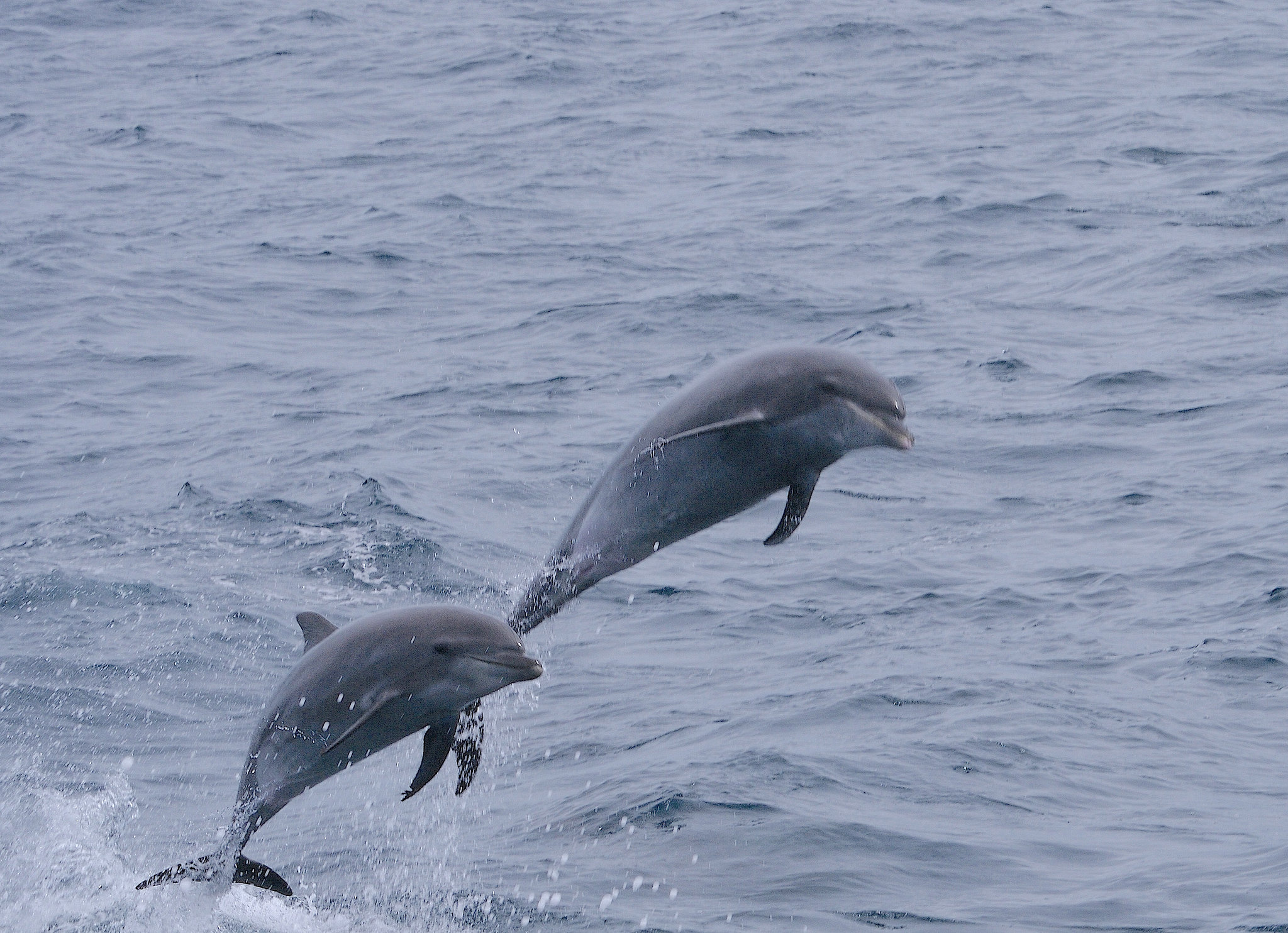
 The
The 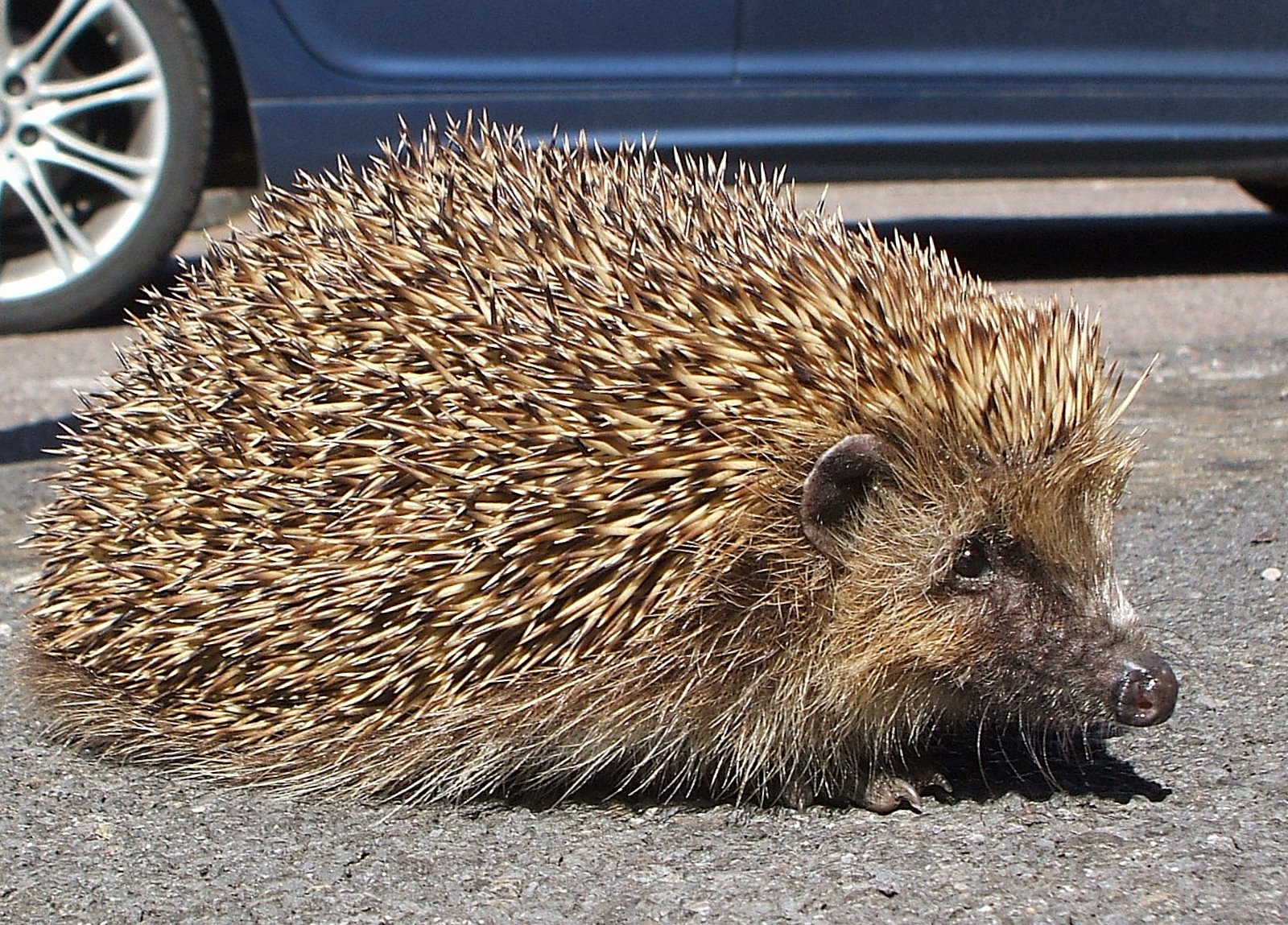
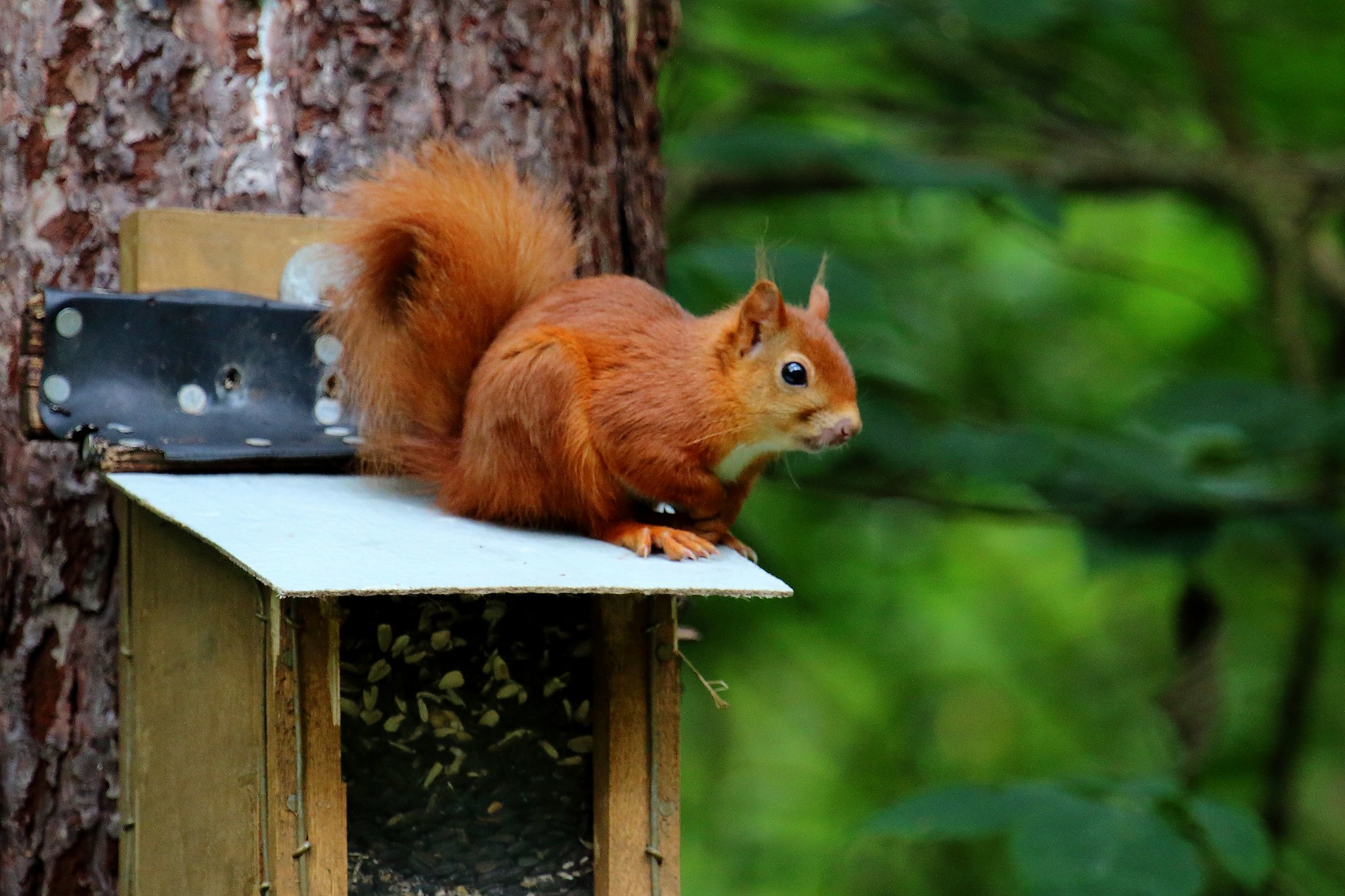 The
The